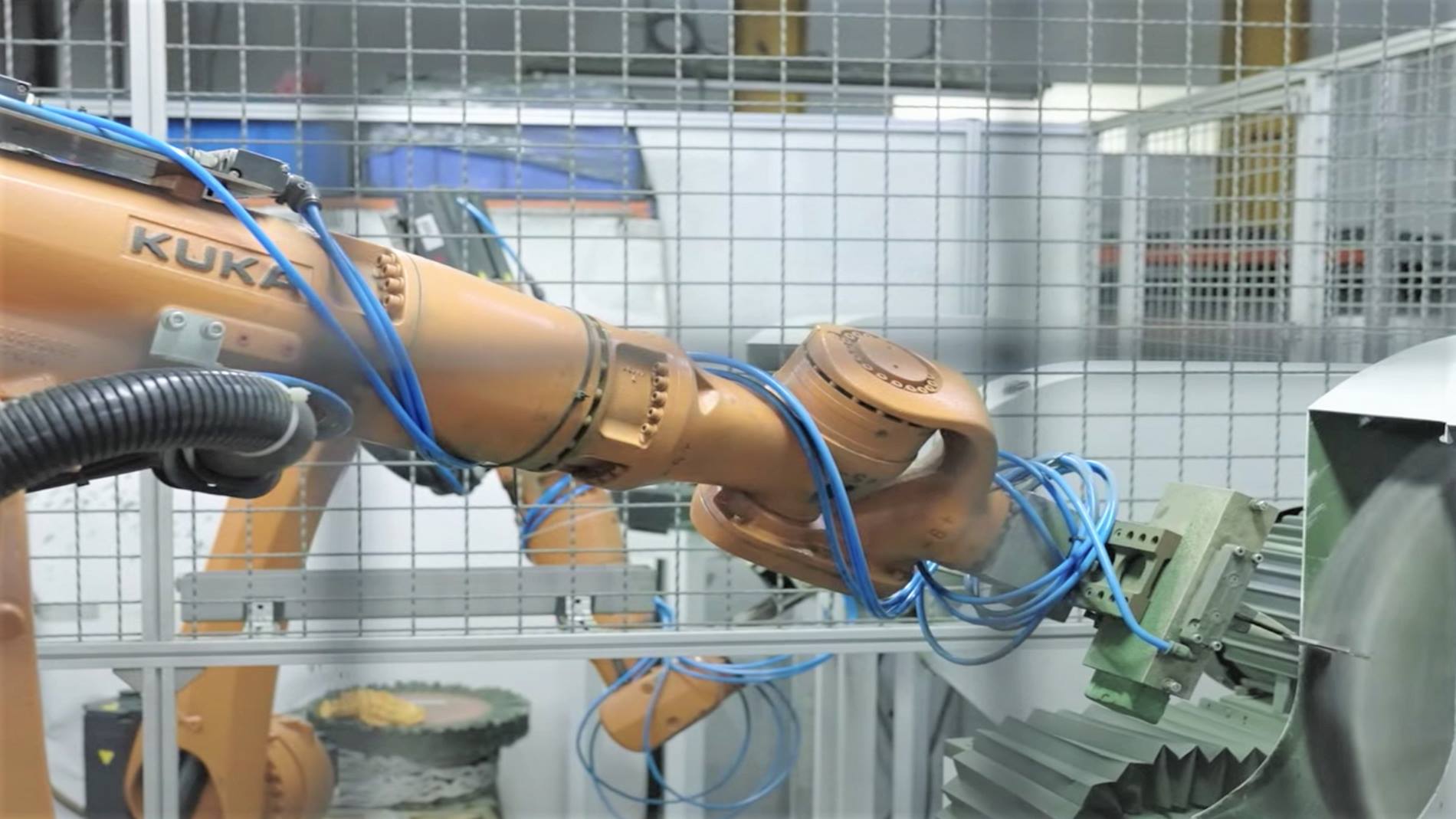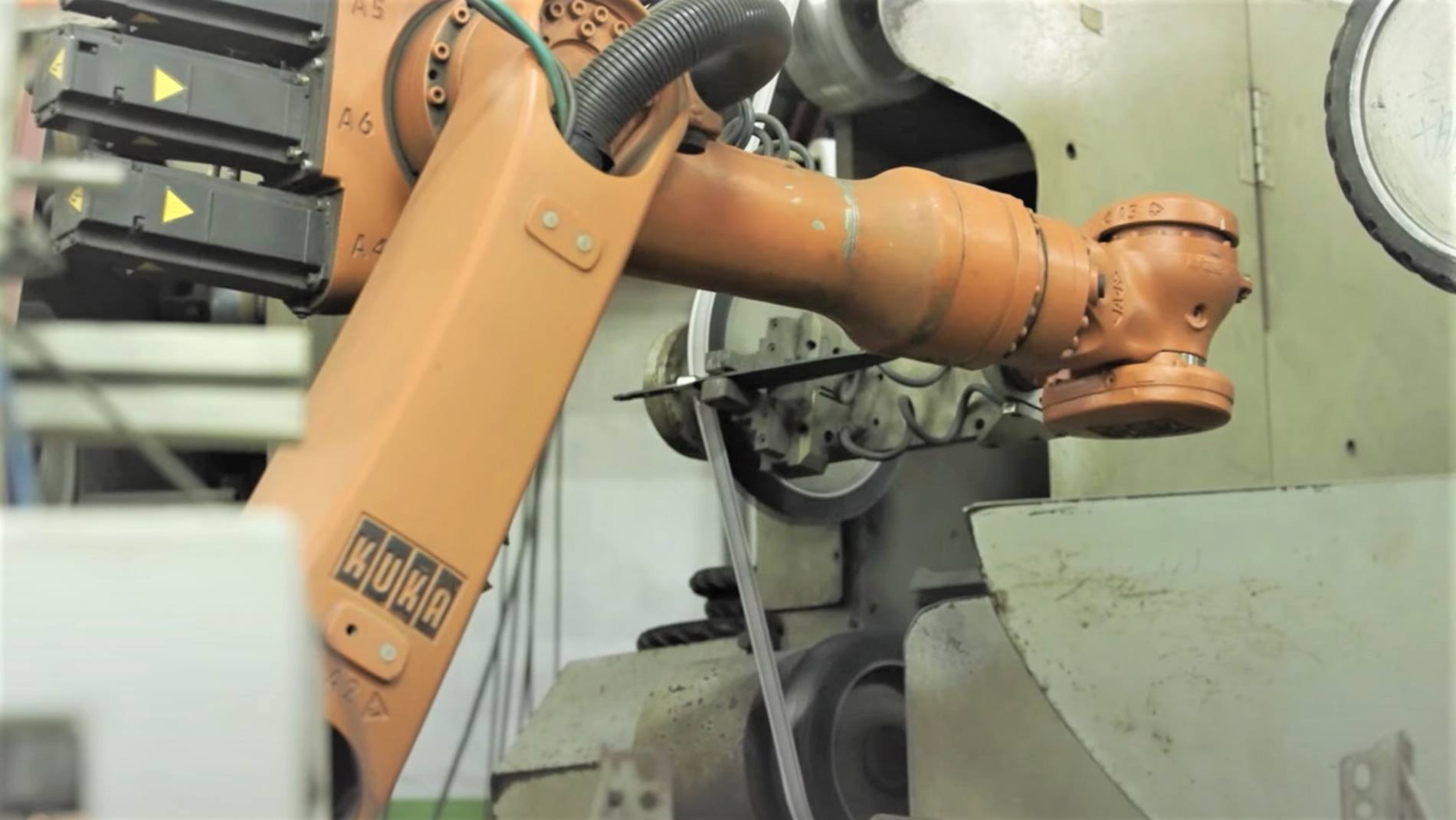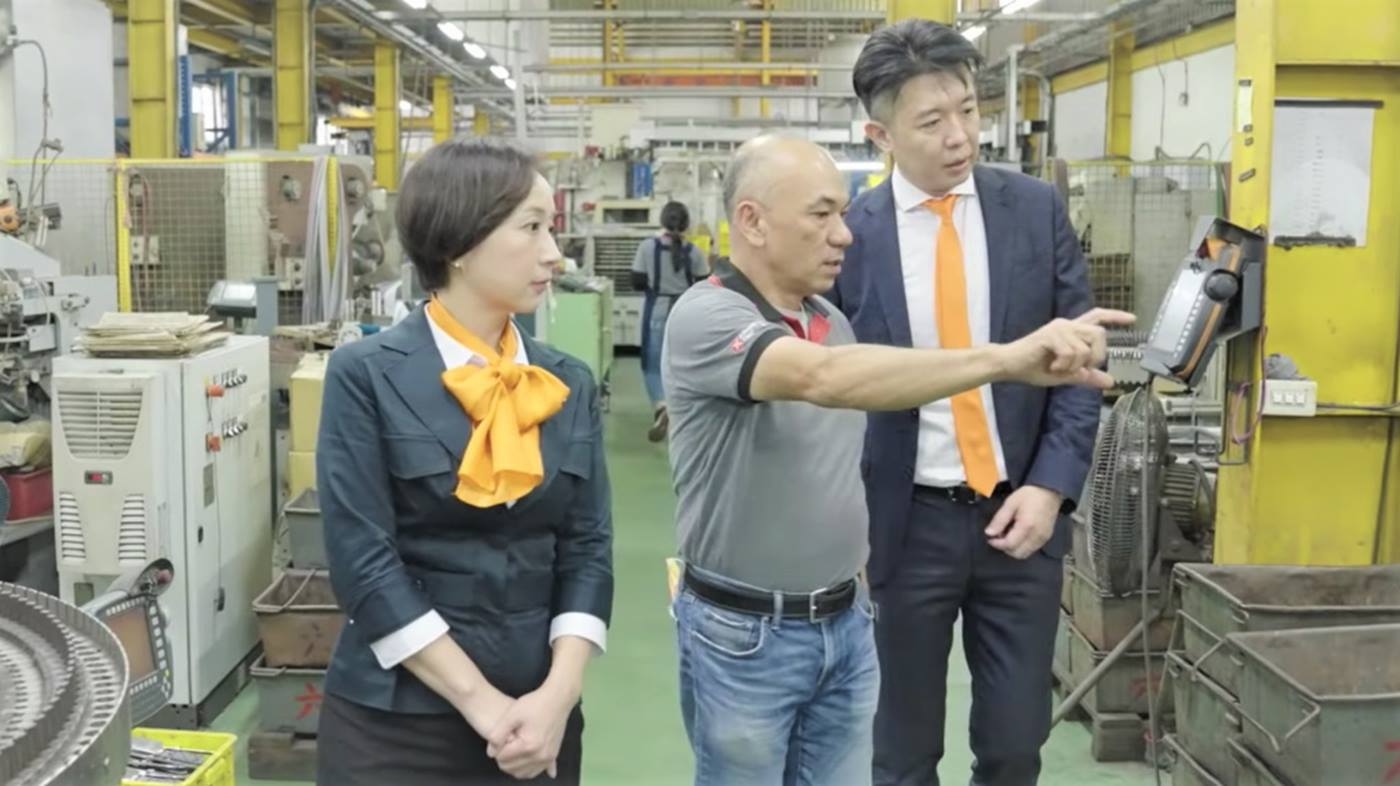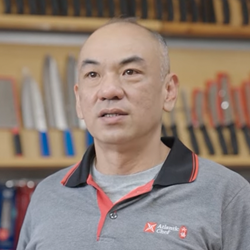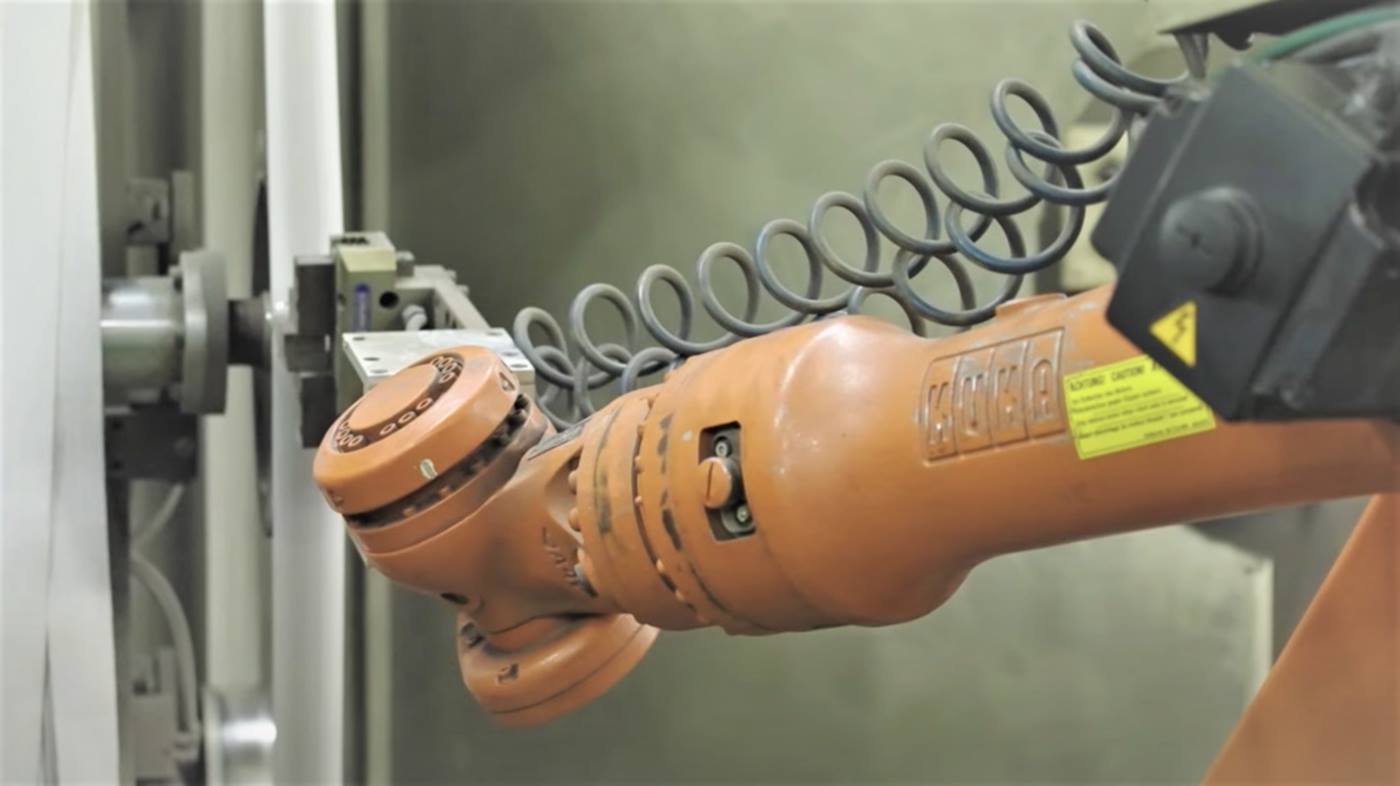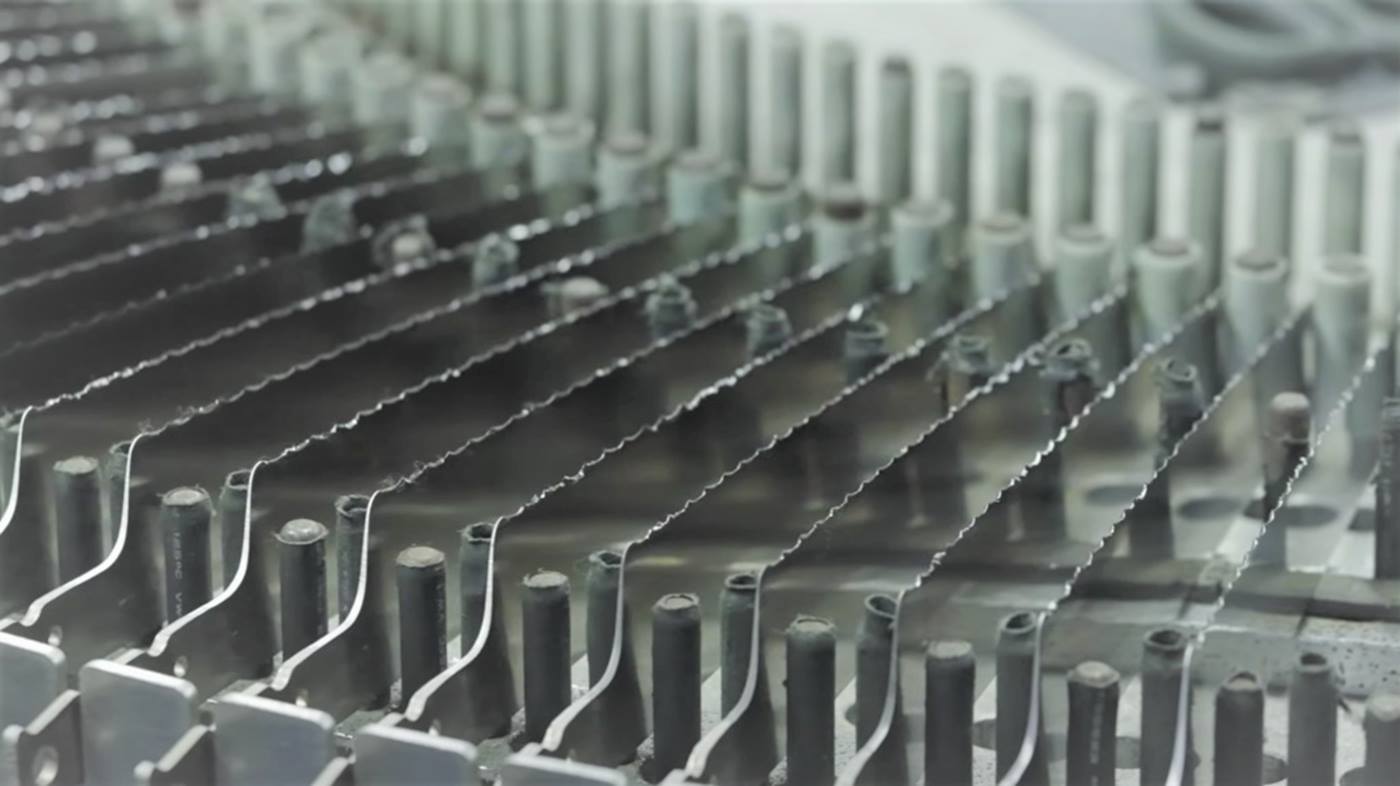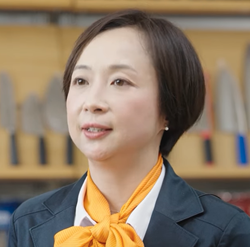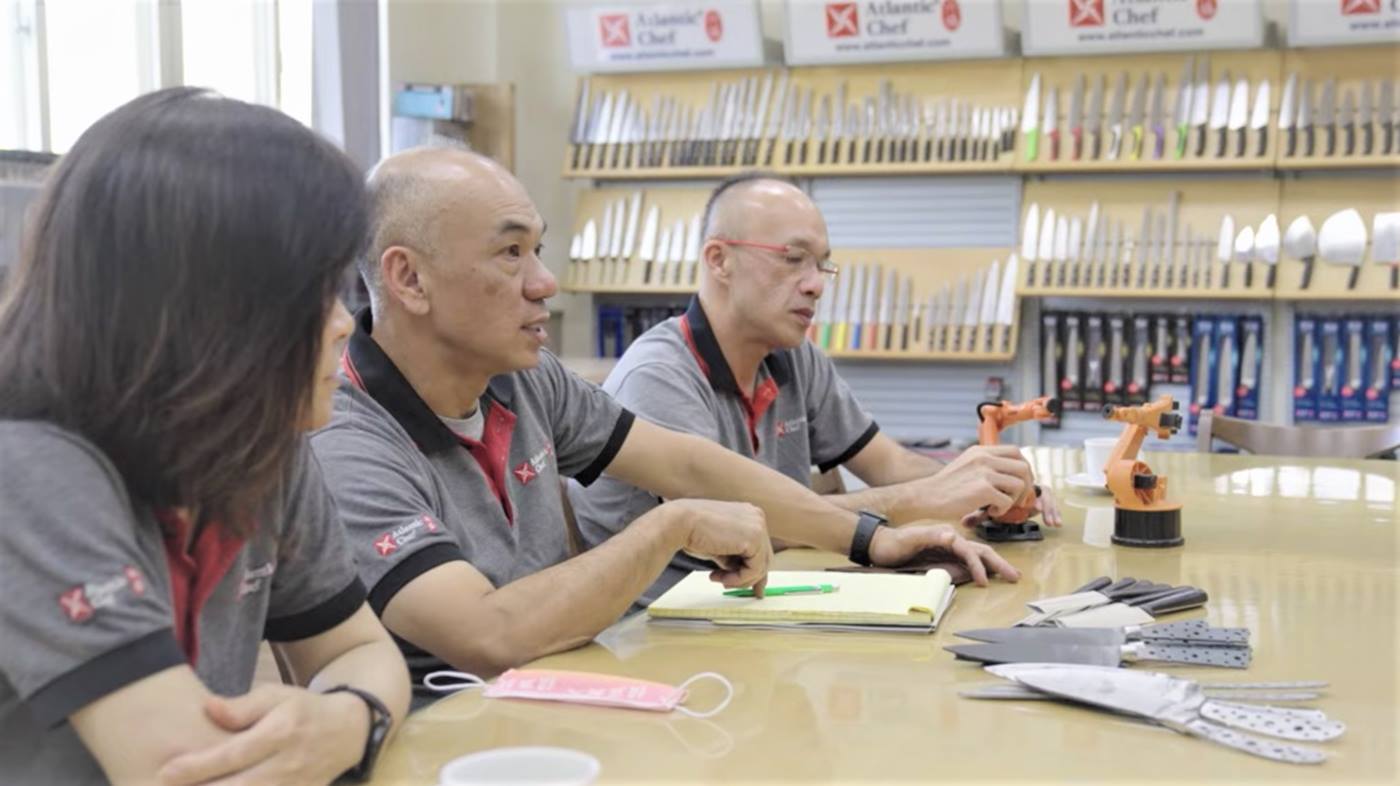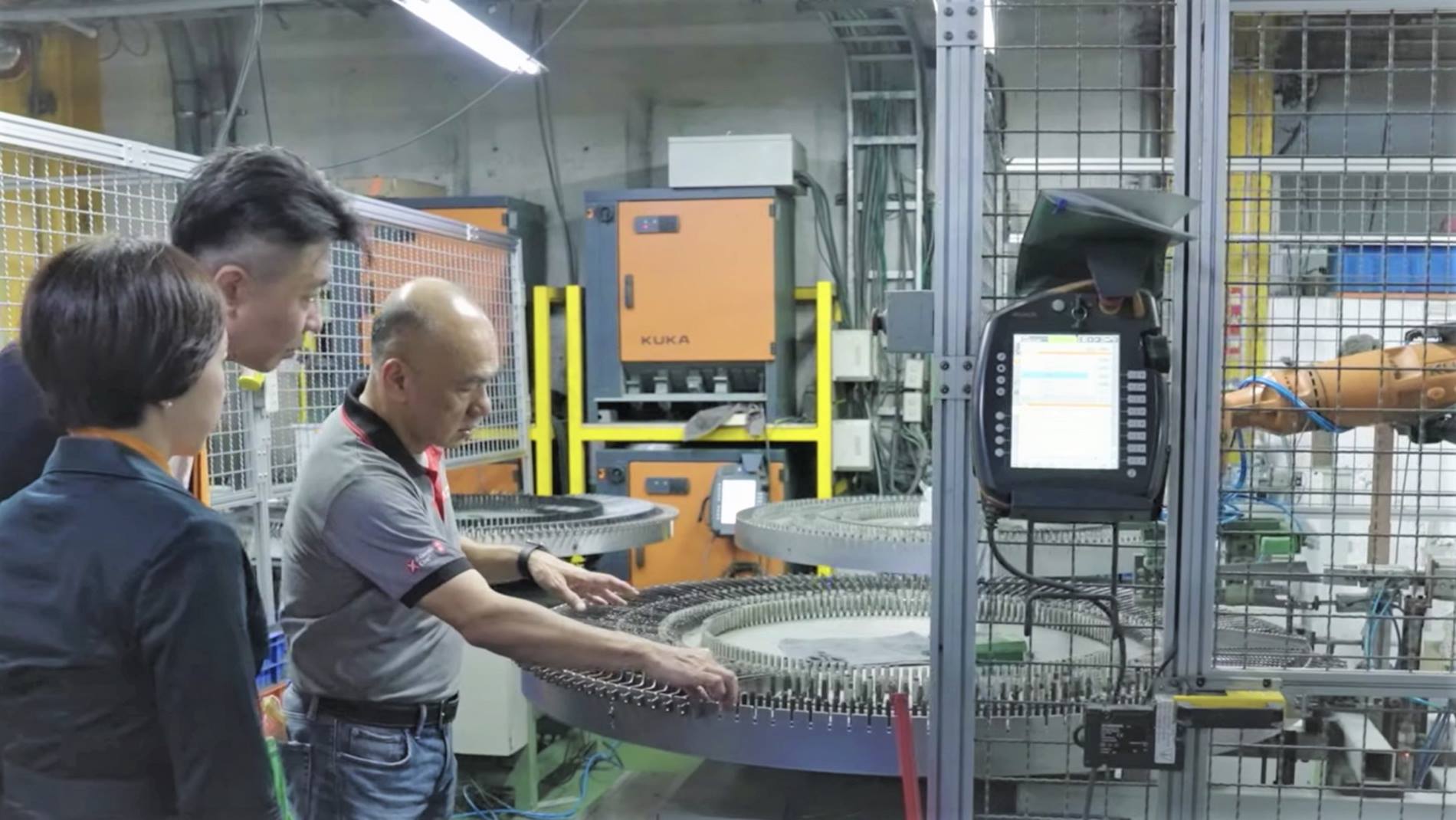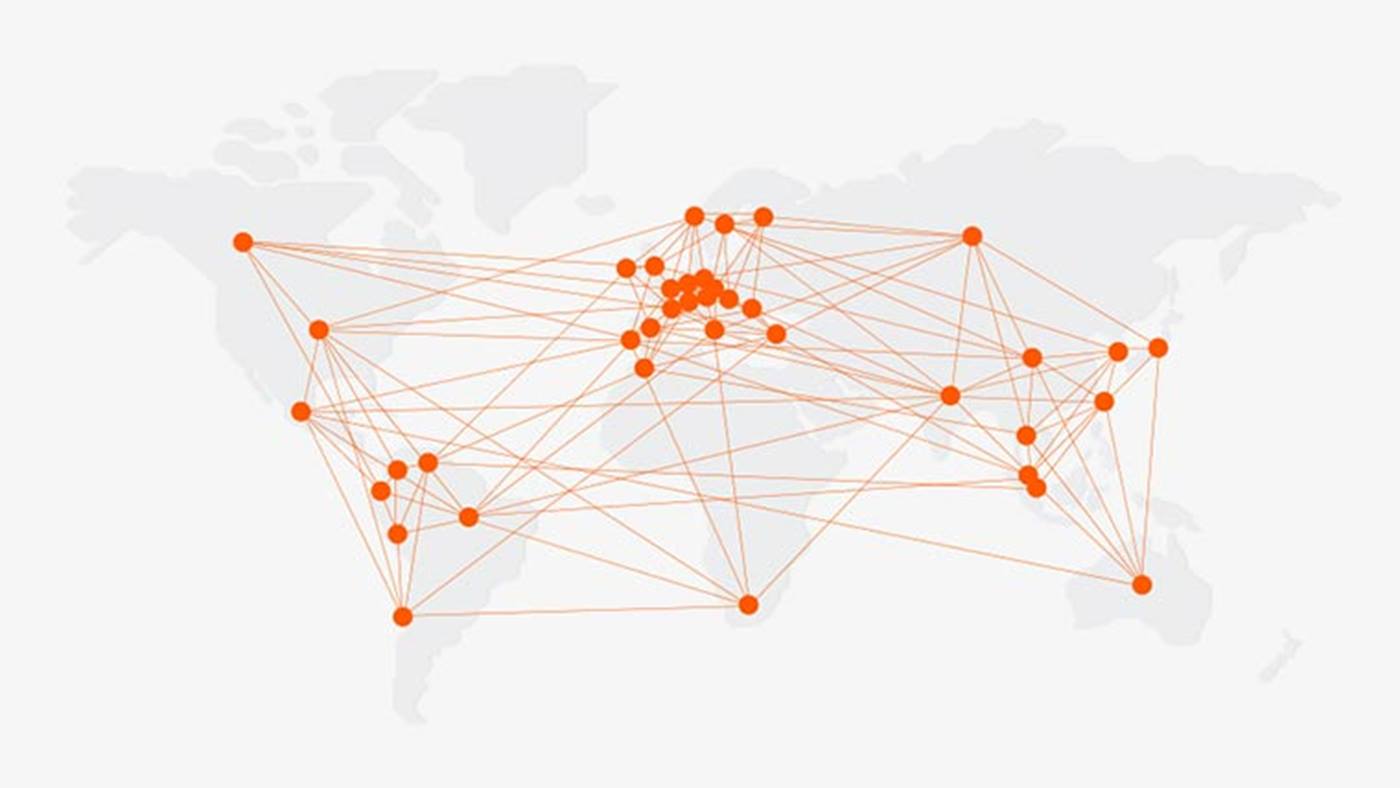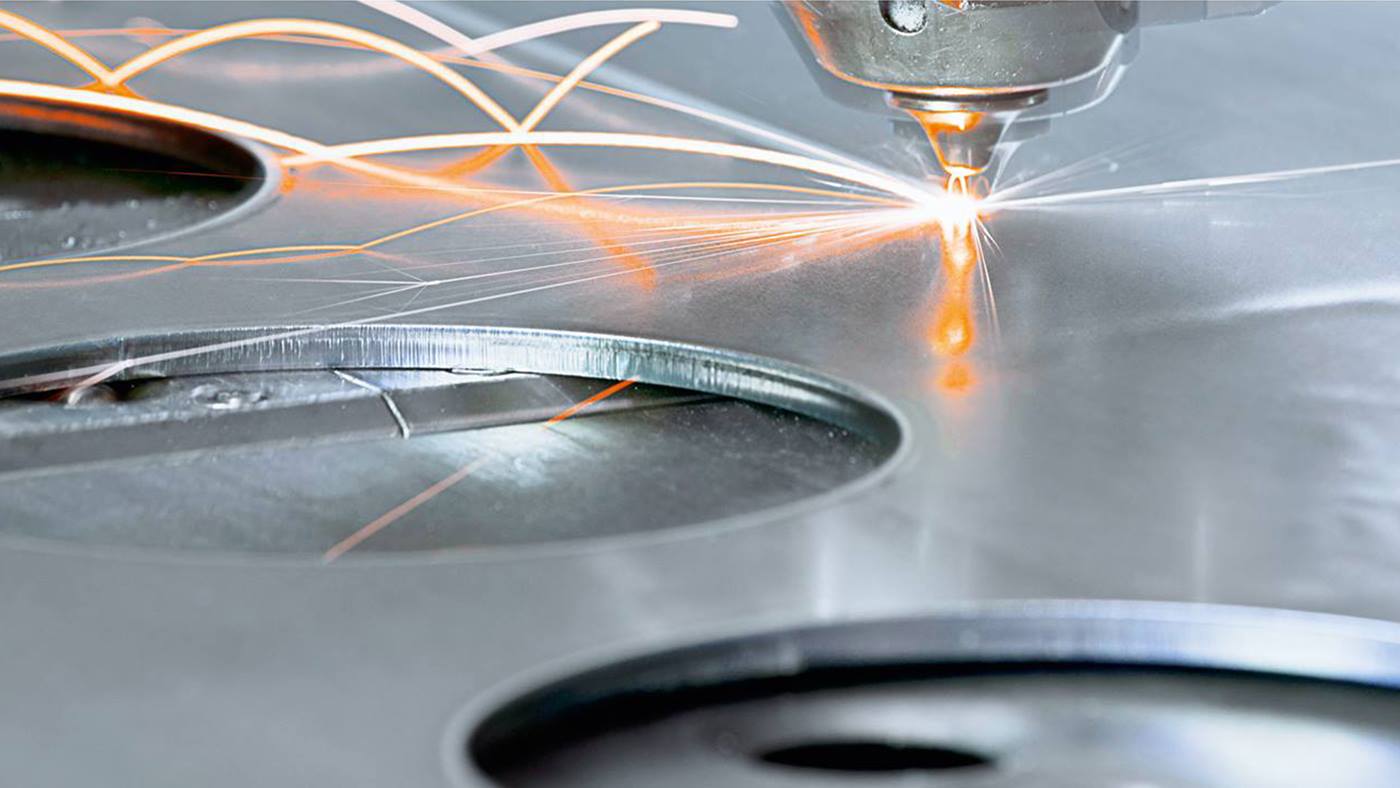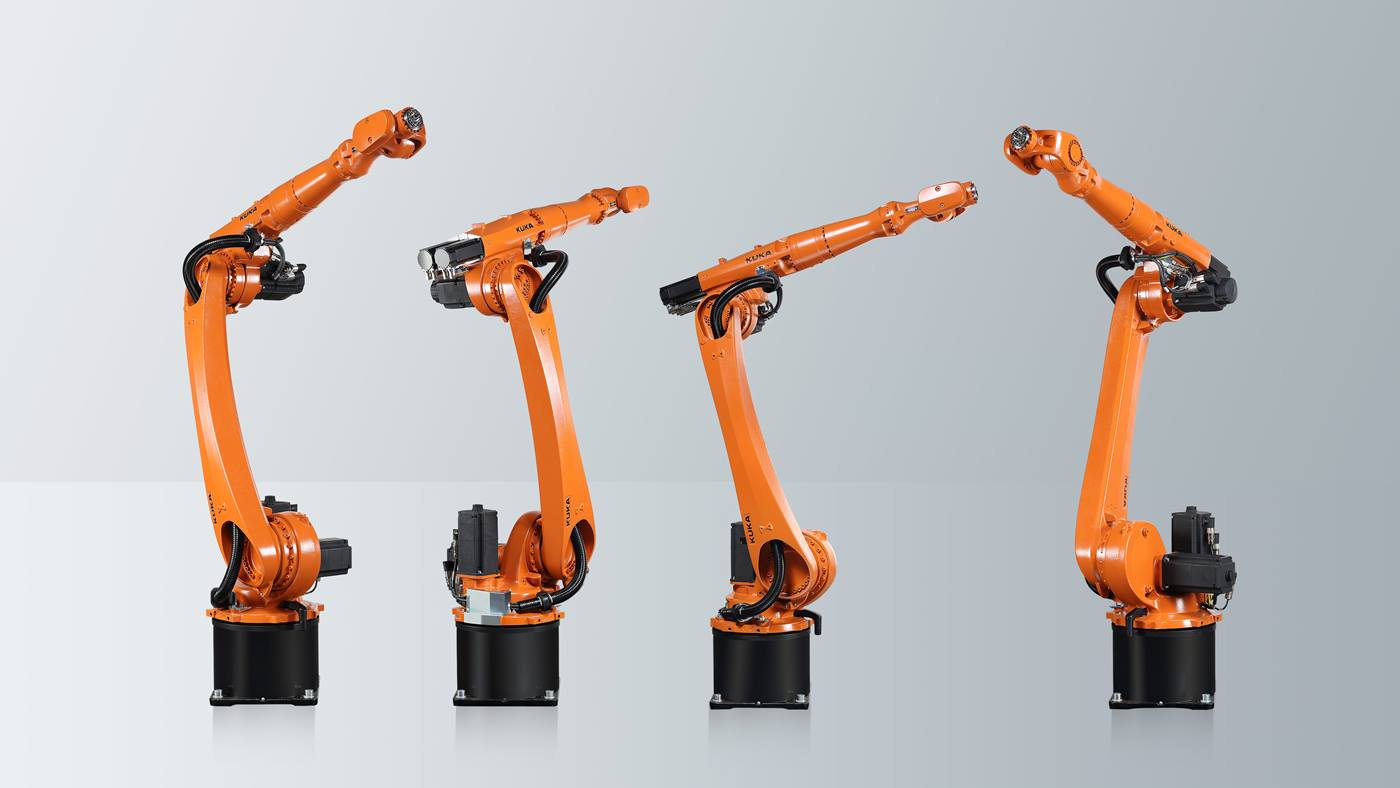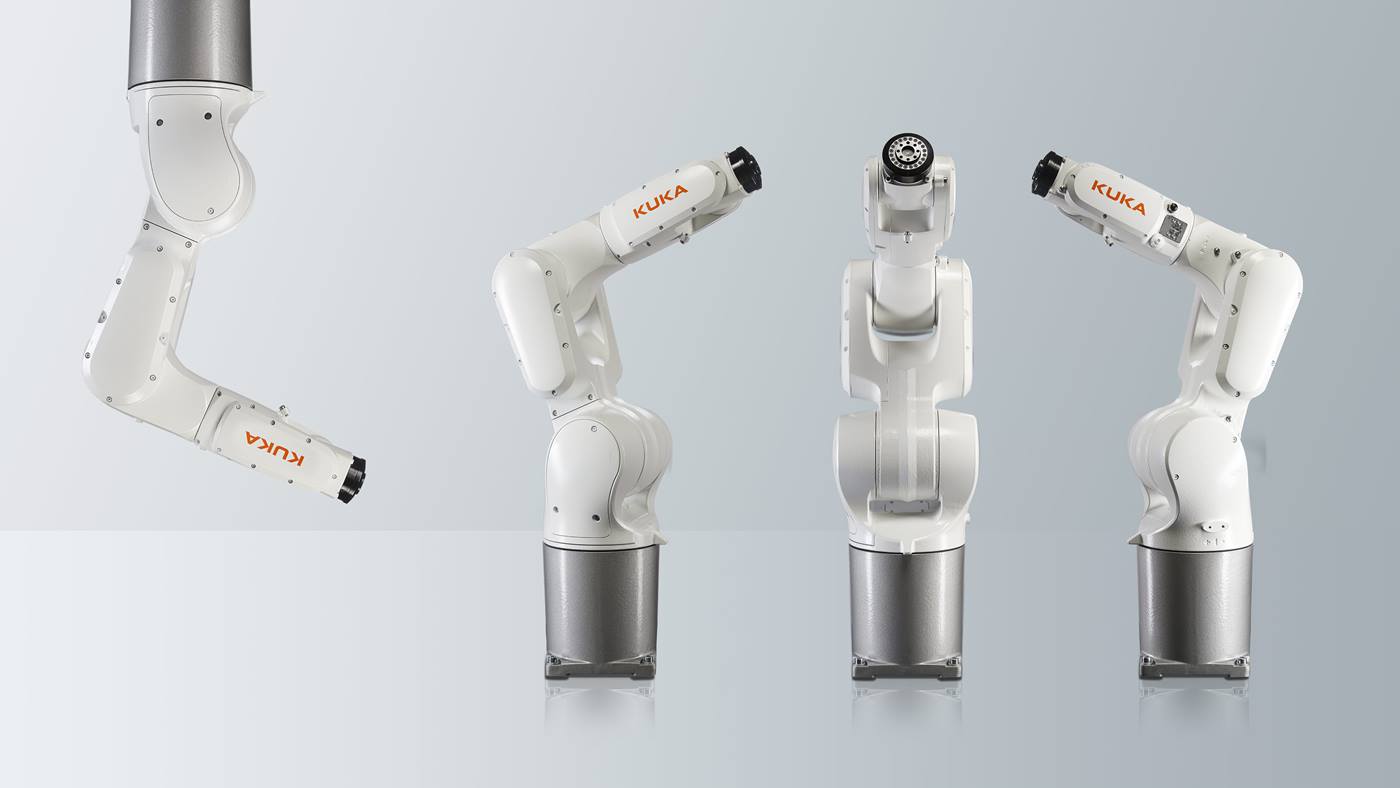Customized solution: decades of trust in KUKA
A good kitchen knife must fit well in the chef's hand, with optimal balance and a perfectly sharpened blade that retains its cutting edge for years. Since 1977, Liow-Shye Enterprise Co. in Taiwan, China has perfected these qualities under the Atlantic Chef brand. For more than 20 years, this manufacturer with about 160 employees has relied on German steel and German robotics: specifically, on automation solutions from KUKA. “We bought our first KUKA robot in 1999 and it’s still running today,” said Liow-Shye General Manager James Chang. Now, more than 30 polishing and grinding KUKA robots grind, engrave and polish Atlantic Chef knives.

